News and Features
-
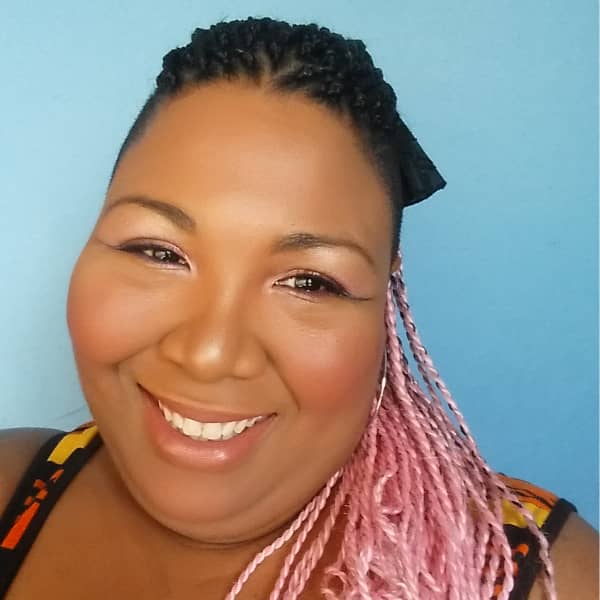
April 9, 2021
Disabled And Here Illustrator Feature: Aisha
“I live a lot inside my head - sometimes too much - so I feel like a lot of emotion bleeds into my work, though I can’t really say a lot of my work is introspective. I create art to escape. It’s only really recently that I feel like I’ve put more of myself in my work.”
-
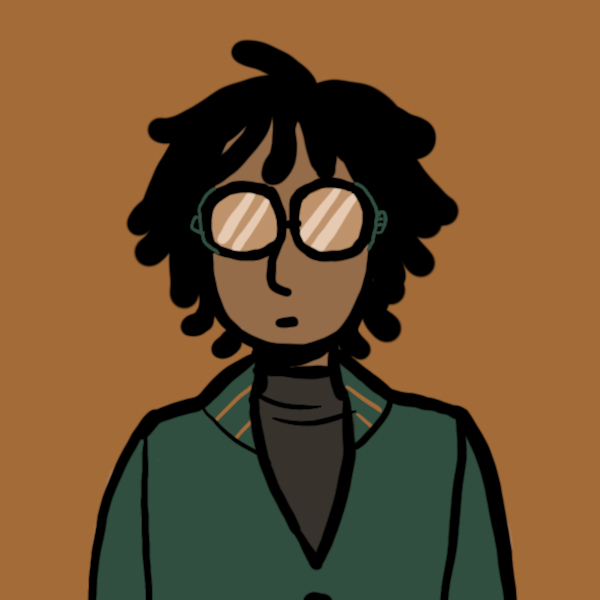
April 2, 2021
Disabled And Here Illustrator Feature: Sherm
“Public transportation that goes all over! Free fare! Transit centers with amenities like food vendors, bathrooms, and lots of seating. Super wide sidewalks and streets made for pedestrians. Absolutely everything: color coded. Androids are also a necessity.”
-
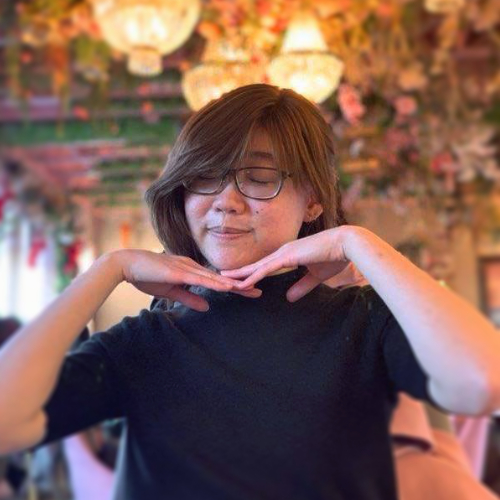
March 26, 2021
Disabled And Here Illustrator Feature: Dana
“Of course, as much as my art is a place to process trauma and subvert marginalization, it’s also a place to avoid all of that and just draw meaningless shit to make me happy. Sometimes it’s not about making a statement — sometimes it’s just about coping.”
-
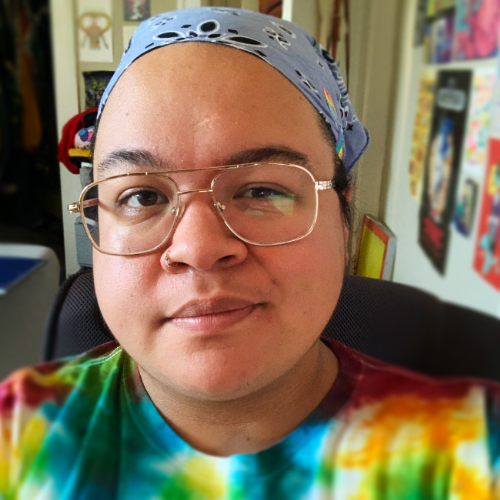
March 19, 2021
Disabled And Here Illustrator Feature: Campbell
“I want to work on a project that I needed when I was younger. Whether it’s comic work or illustration series or something completely different...I want to work in diverse stories and put my true self in them to reach out to those who have always felt like they didn’t quite fit in.”
-
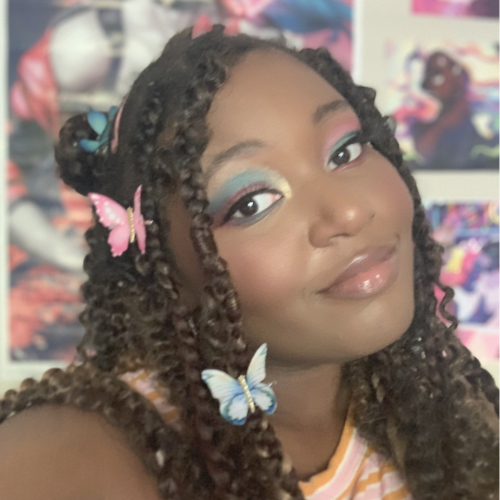
March 12, 2021
Disabled And Here Illustrator Feature: Dominique
“...sometimes if I’m down, but I still want to draw, the expressions of the colors won’t be as vibrant. When I’m in a good mood, I love to use bright vibrant colors and give my character big smiles and bright eyes to match.”
-
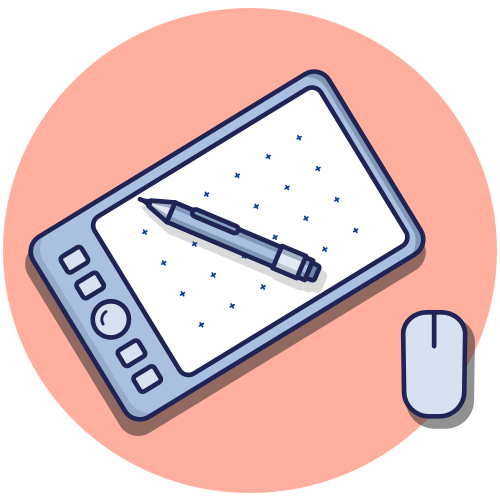
September 13, 2020
Disabled And Here + Illustrations
With photoshoots on hold for the time being, Disabled And Here is expanding the free stock collection to include digital illustrations.
-
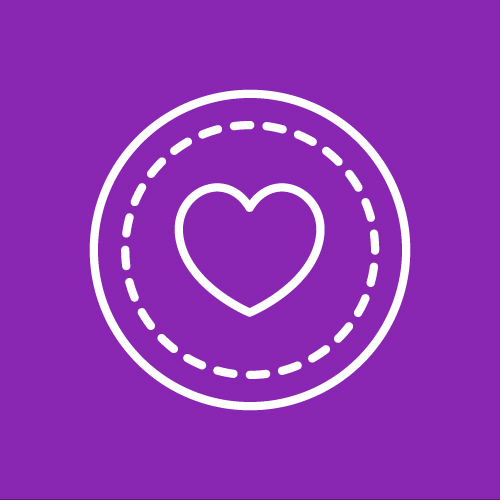
April 6, 2020
Affect COVID-19 Emergency Relief Fund
We’re launching a small COVID-19 emergency relief fund to support local disabled Black, Indigenous, people of color during the pandemic.
-
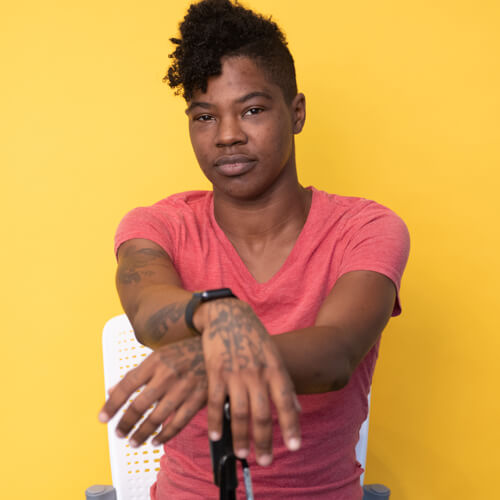
November 27, 2019
Disabled And Here: Interview with Roux
“Because body modification is a pre-colonial art and based in self-reclamation, it is most precious to people whose bodies are under constant scrutiny and policing from multiple oppressive entities on systemic, cultural and interpersonal levels.”
-
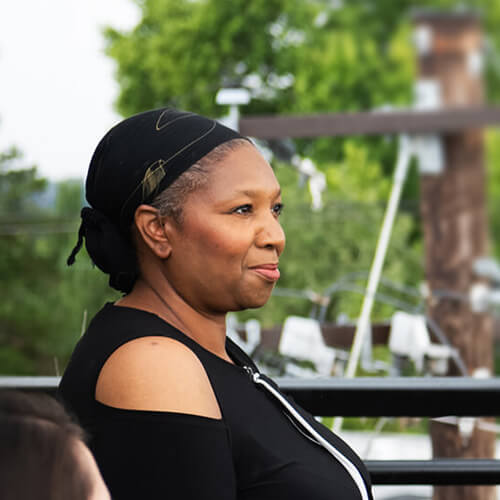
November 21, 2019
Disabled And Here: Interview with Rachelle
“The barriers that people put in place, whether they’re intentional or unintentional, cause the disability. Sure, some of us are born different, but what causes the inability to interact with society is simply because [non-disabled people] adjusted the entire world to [their] liking.”
-
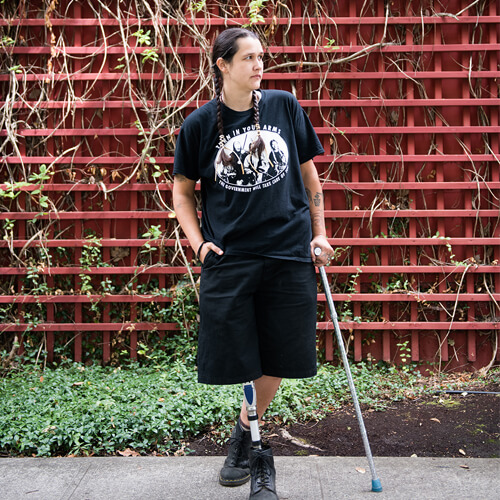
November 14, 2019
Disabled And Here: Interview with Sky
“The greatest way someone could support me would be to decolonize your ways of thinking and moving through the world. It would be extremely helpful if you called out someone’s behavior when they’re saying something racist or bigoted of any kind.”